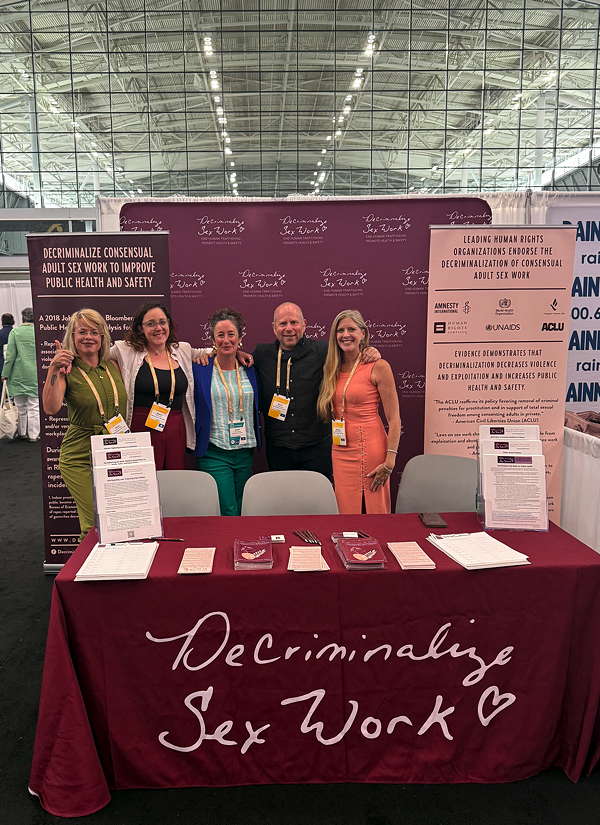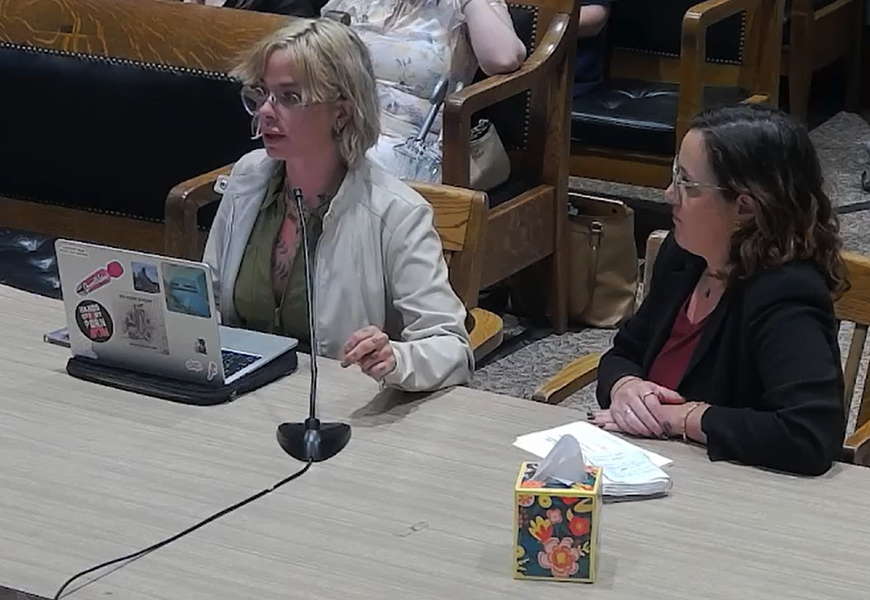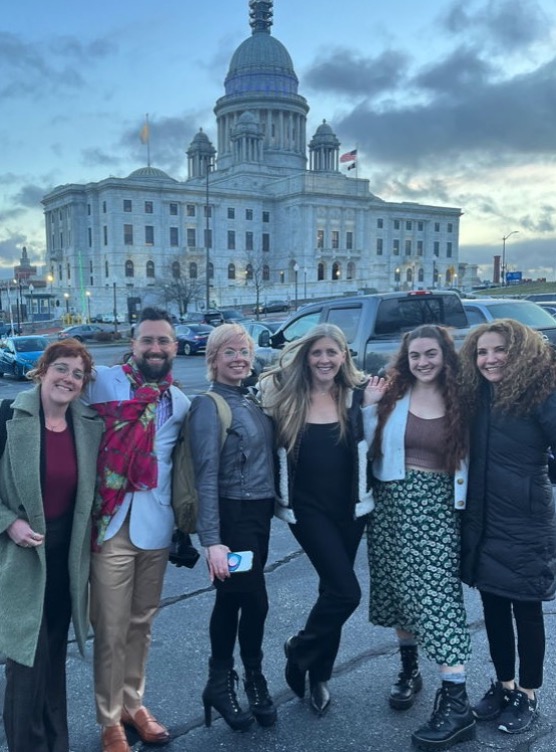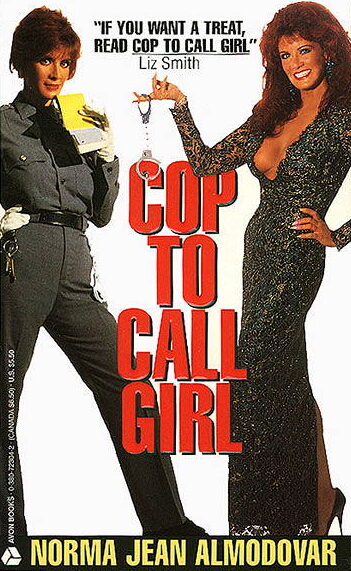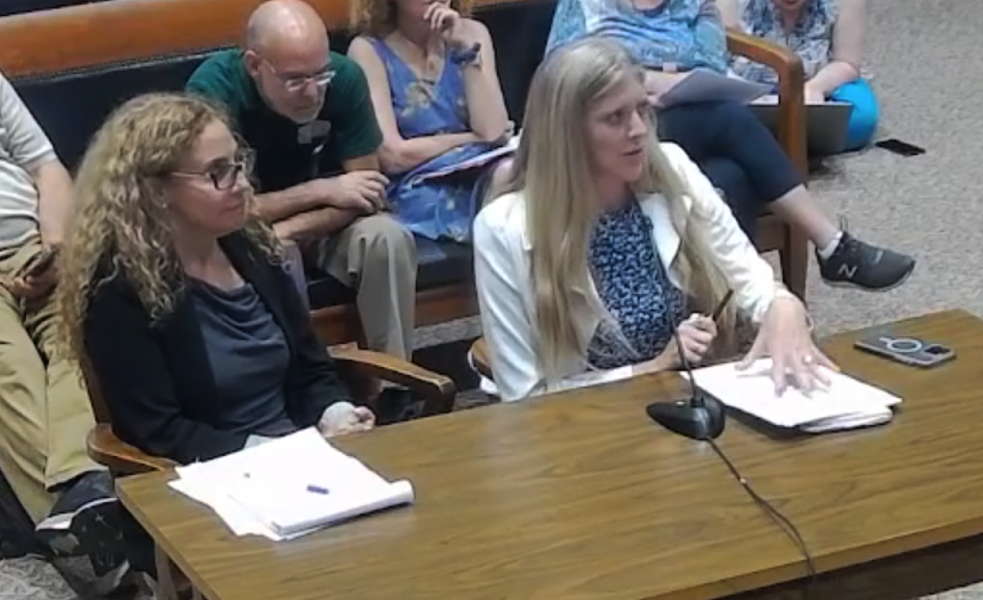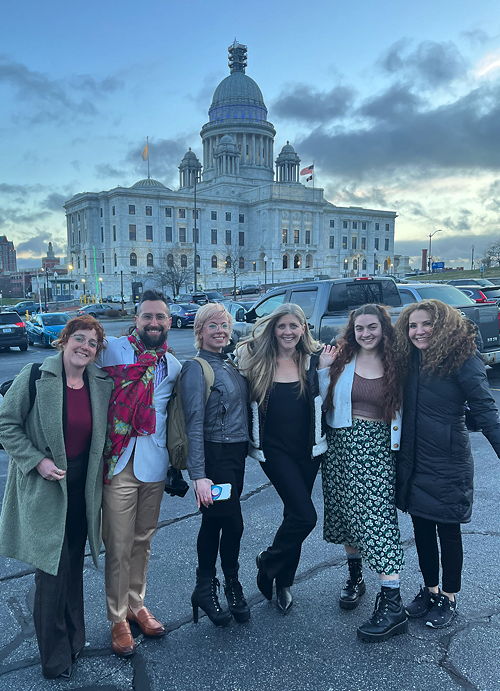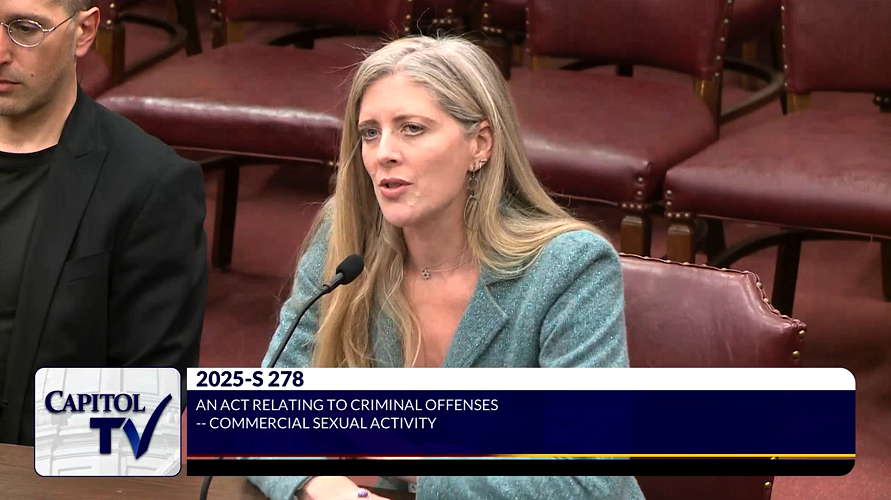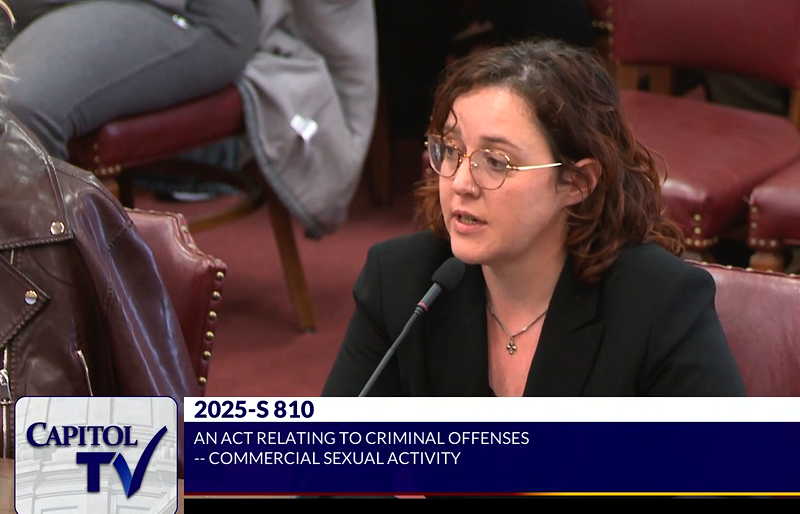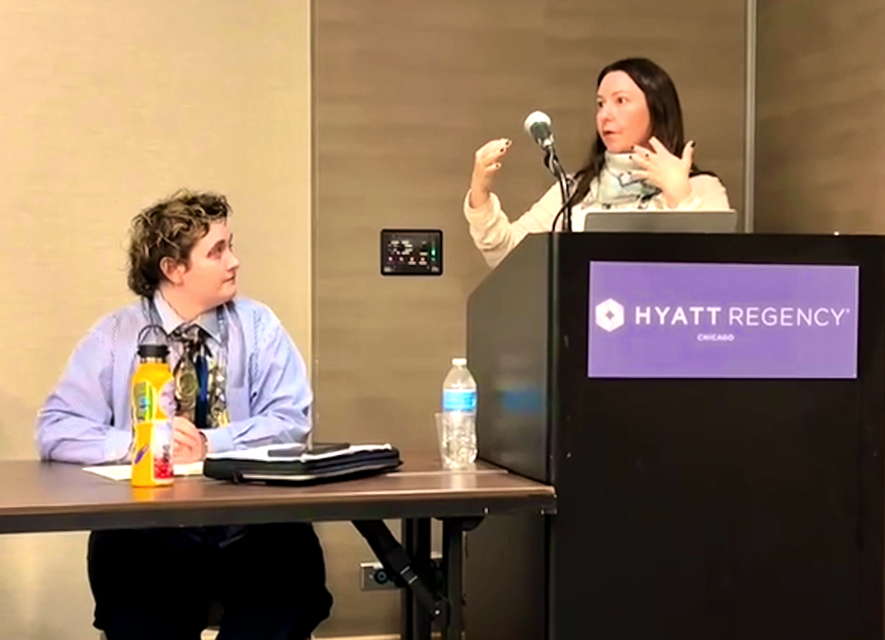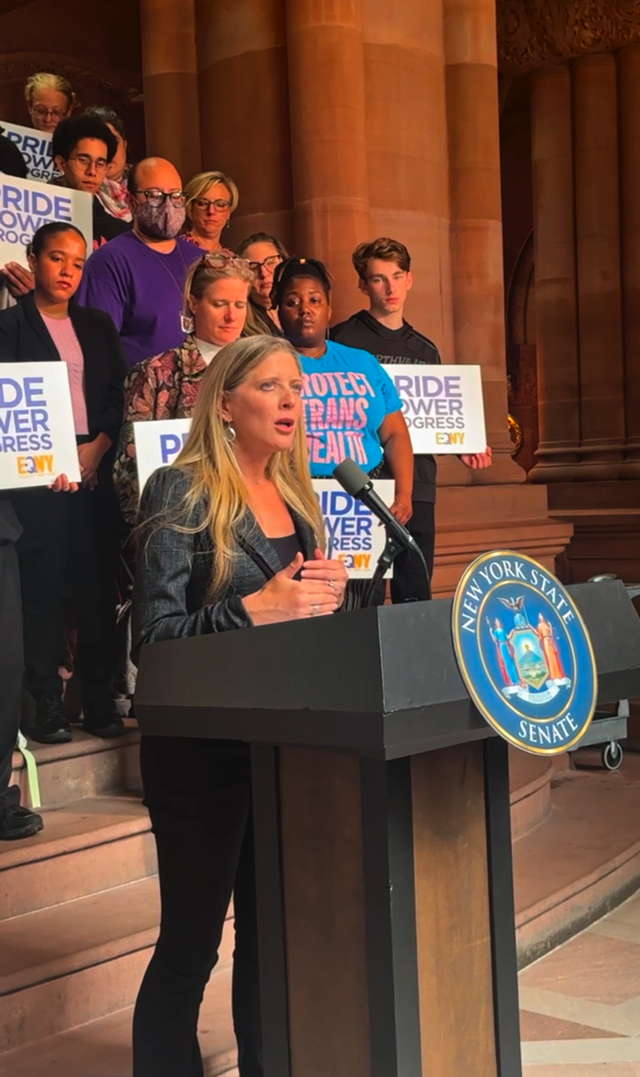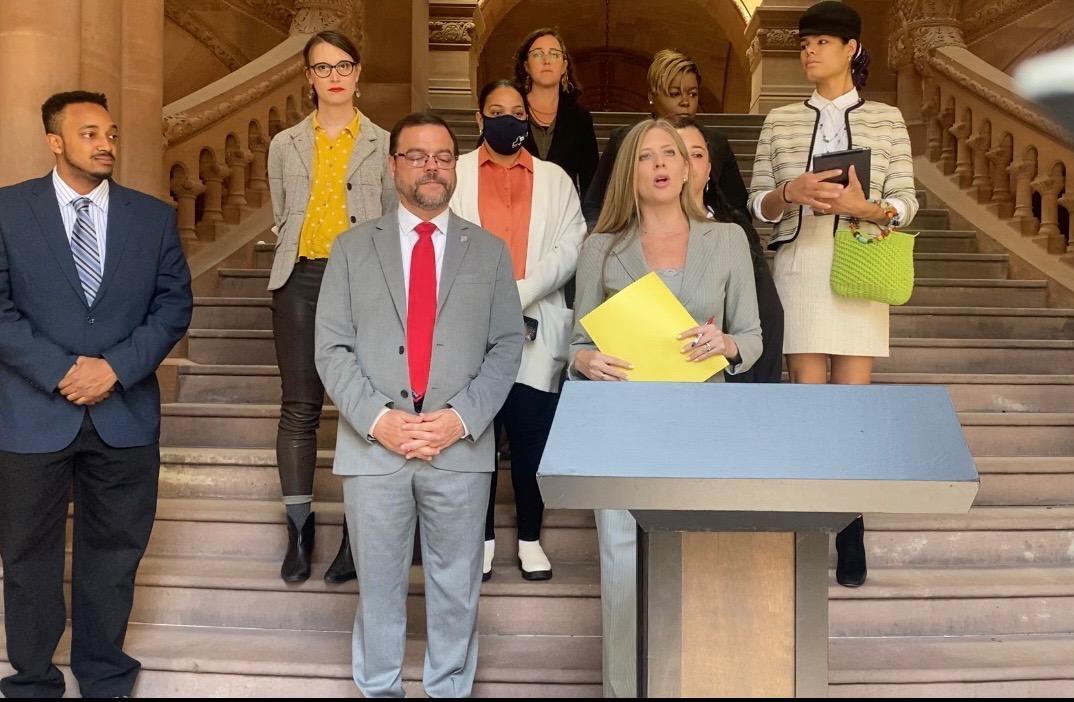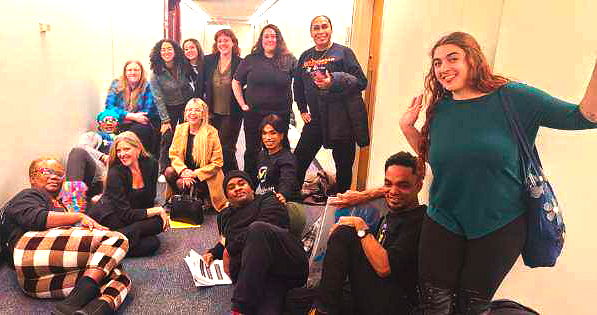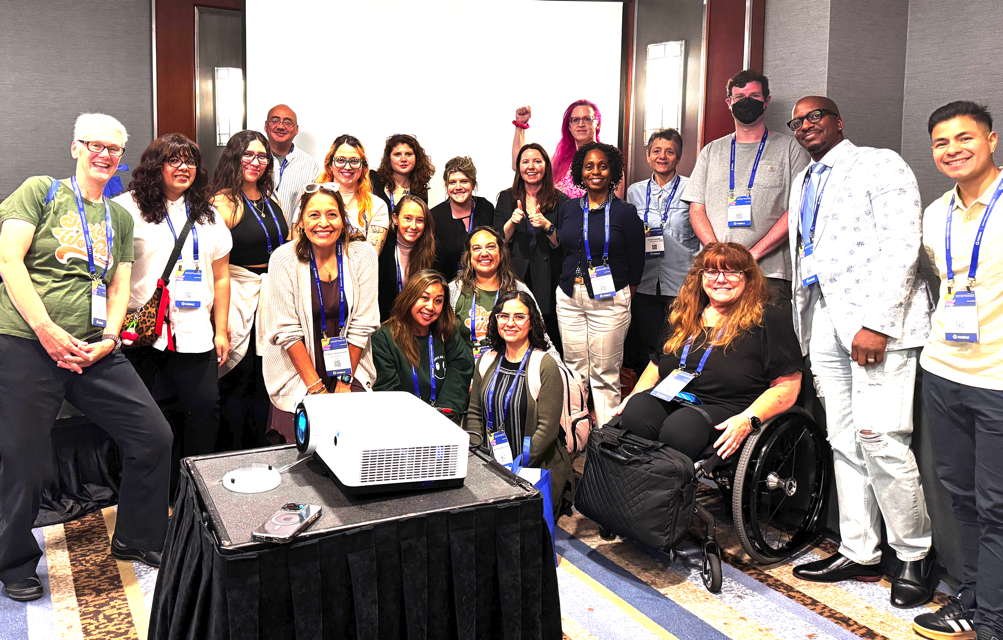NEWS RELEASE | FOR IMMEDIATE RELEASE | PDF
Media Contact:
Ariela Moscowitz, director of communications
[email protected] | (212) 368-7874
New Poll: Most New Yorkers Support Decriminalizing Prostitution
Citywide survey reveals shifting public opinion amid high-stakes mayoral race
New York, NY (September 15, 2025) — A new citywide poll reveals a significant shift in public sentiment, with a growing majority of New Yorkers now supporting the decriminalization of prostitution. As political rhetoric around the issue escalates, the findings make one thing clear: voters are ready for change.
The poll, conducted between September 4 and 5, 2025, surveyed more than 550 registered voters across all five boroughs. Only 33% believe prostitution should remain a criminal offense, while 52% say the government should stop wasting resources arresting adults for consensual sex work.
“This poll shows that New Yorkers are increasingly ready to move away from criminalization and toward a more compassionate and pragmatic approach,” said Melissa Broudo, Legal Director at Decriminalize Sex Work (DSW). “Decriminalization not only protects sex workers from exploitation and abuse, but also allows law enforcement to focus on real threats to public safety.”
The findings arrive at a pivotal moment in New York City's mayoral race, where sex work policy became an unexpected flashpoint. Candidate Zohran Mamdani’s past support for decriminalization was publicly attacked by incumbent Mayor Eric Adams and former Governor Andrew Cuomo, both of whom falsely claimed that decriminalization would fuel human trafficking and sex tourism.
“New Yorkers have spoken loud and clear — policing consensual adult sex work is at the very bottom of their priority list,” said Crystal DeBoise, Director of Strategic Partnerships at DSW. “This poll sends a strong message that directly contradicts Mayor Adams’s narrative. Voters want safety and support, not surveillance and criminalization.”
The poll also tested public opinion on the so-called “entrapment model,” a policy framework that criminalizes buyers of sex but not sellers. Sometimes branded the “Nordic model” or “equality model,” this approach is often marketed as a means of curtailing prostitution and combating trafficking. But voters strongly oppose it. Only 10% support the model, 51% oppose it, and 39% remain unsure.
“Countries that have implemented the entrapment model continue to see violence and exploitation perpetrated against sex workers,” Broudo added. “It doesn’t work, and New Yorkers sense that.”
Decriminalize Sex Work
Decriminalize Sex Work is a national organization pursuing a state-by-state strategy to end the prohibition of consensual, adult prostitution in the United States. We work with local organizations, advocates, and lobbyists to build community support and convince legislators to stop prostitution-related arrests. Evidence shows that decriminalizing sex work will help end human trafficking, improve public health, and promote community safety.


